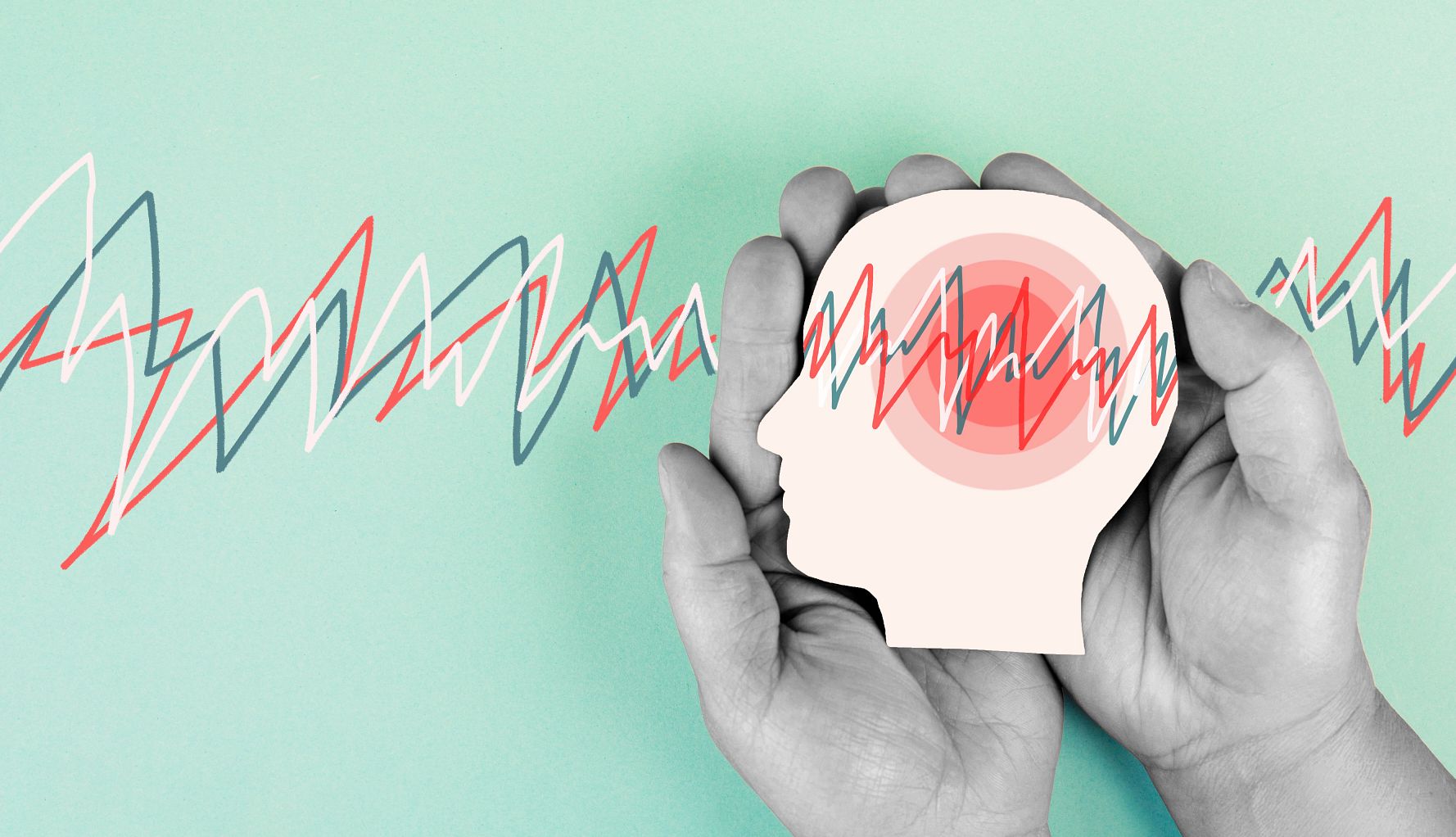AARP Hearing Center


Many symptoms of Parkinson’s disease — shuffling gait, quivering hands, stooped posture — are easy to spot. But this disease can also cause problems that are far less visible but no less distressing. Perhaps the most worrisome is cognitive decline.
“It can range from what we call mild cognitive impairment — mild changes [in thinking or memory] that you may notice but that really don’t impact your daily life — all the way to dementia, which impacts your daily life and maybe your ability to live on your own,” says neurologist Rachel Dolhun, M.D., principal medical adviser at the Michael J. Fox Foundation for Parkinson’s Research.
While the prospect of these brain changes may sound frightening, common misconceptions can exacerbate fears unnecessarily. Here’s what you should know about Parkinson’s-related dementia.
Two myths about Parkinson’s and cognitive decline
For starters, cognitive decline doesn’t necessarily lead to full-blown dementia. Many people with Parkinson’s develop only mild impairment.
“When we think about Parkinson’s impacting memory and thinking,” Dolhun says, “it’s more likely to be the thinking part.” Everything slows down in Parkinson’s disease, she adds, so it might take you longer to process a question and formulate your answer or to find the word you want to say.
Following a map, navigating your way through a crowd and multitasking might also be harder than they used to be.
Another misconception is that even a slight memory lapse signals that rapid deterioration is imminent. That’s far more common with Alzheimer’s disease than it is with Parkinson’s, says Tsao-Wei Liang, M.D., chief of the movement disorders division at Jefferson Health.
“It’s not always relentlessly progressive, and more often than not, [cognitive] symptoms can be managed with medication, caregiver support and basic organizational strategies,” Liang says.
Weaknesses in short-term memory and the ability to multitask, for example, can often be managed with smartphone reminders and other digital assistance.
It’s also important to know that many people with Parkinson’s who have some cognitive impairment are able to form new short-term memories, even if they struggle with attention and multitasking.
“People with Parkinson’s will often remember [something recently discussed] if you give a clue or prompt them,” Dolhun says.
AARP Brain Health Resource Center
Find in-depth journalism and explainers on diseases of the brain — dementia, stroke, Parkinson’s disease, mental-health topics. Learn about healthy habits that support memory and mental skills.
Why is thinking affected?
Parkinson’s is a neurodegenerative condition, so it’s not surprising that memory loss is often part of it.
The main driver behind the condition is a loss of the neurotransmitter dopamine, which plays a part in both motor and cognitive skills. Dopamine is necessary for executive function – your abilities to solve problems, multitask, start new tasks and switch tasks. Without enough dopamine, those skills can slip.







































































More From AARP
Exercise Is Crucial for Parkinson's Disease
Regular exercise, the kind that gets the body moving and the heart pumping, can reduce symptom severity
What Is Vascular Dementia?
Lack of blood flow to the brain can cause trouble with thinking and motor skills
AARP Smart Guide to Keeping Your Memory Sharp
22 science-backed ways to growing a healthier, happier brain, now and in the future